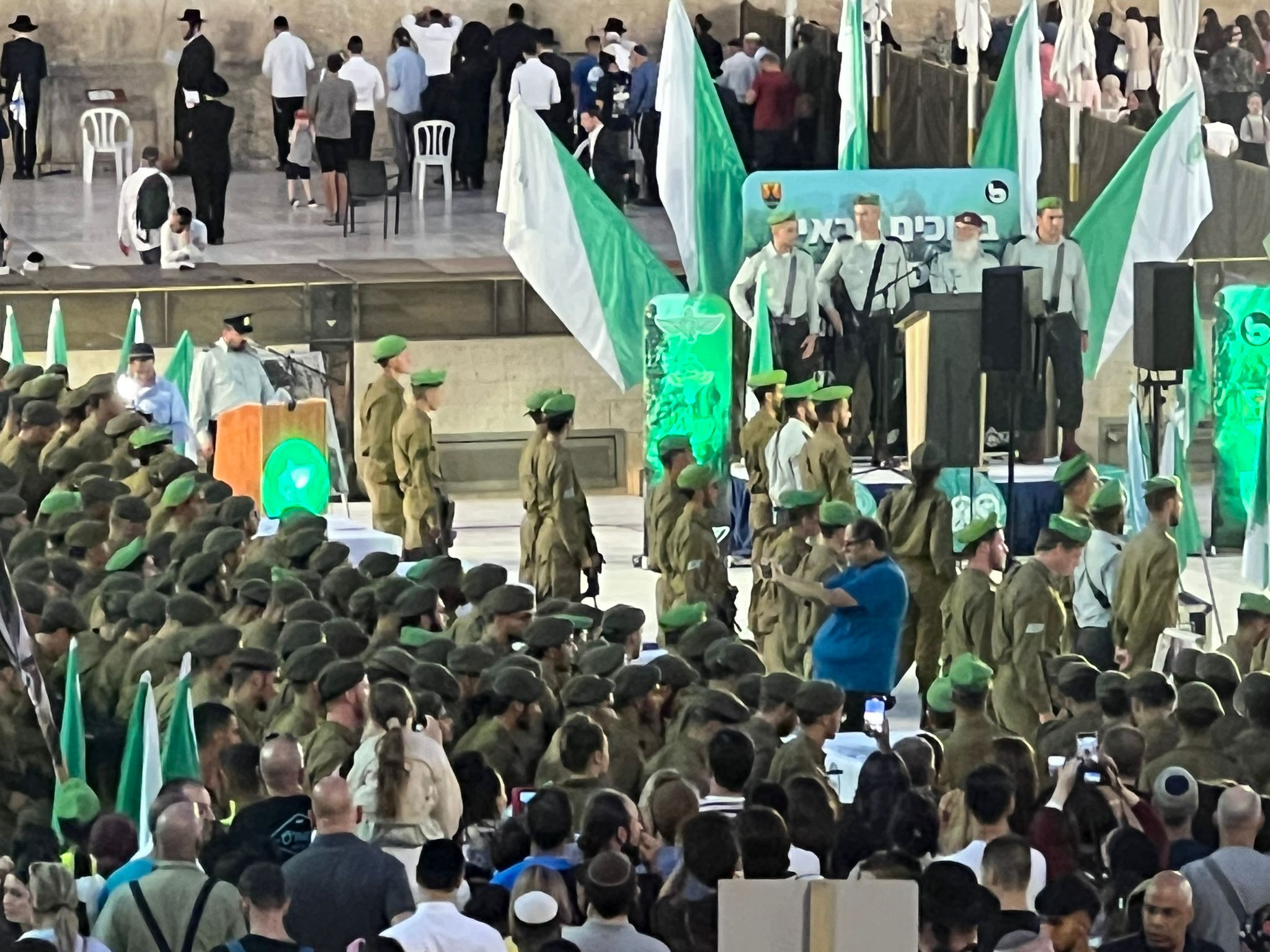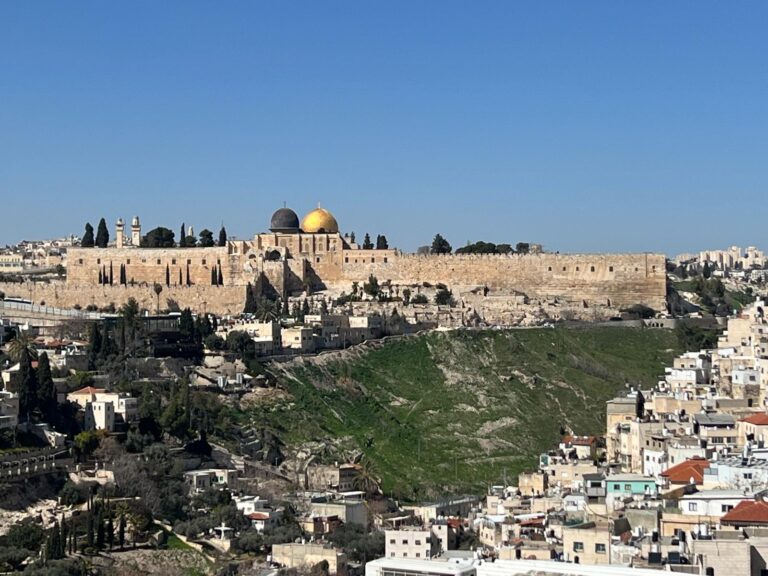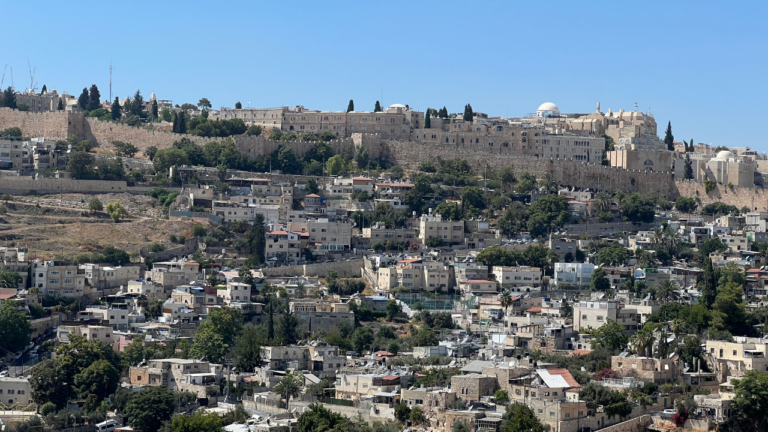The Leadership of Jerusalem
Korach did not believe in the divinely ordained structure of Jewish leadership. In a cynical and populist fashion he claimed: “the entire congregation are all holy, and the Lord is in their midst. So why do you raise yourselves above the Lord’s assembly?” Clearly, though, the same God who made the Jewish people holy also created a societal structure in which different people are tasked with different roles, a point that Korach conveniently ignored.
In this vein, the midrash identifies Korach’s grave sin in the following manner:
“You shall not curse a judge, neither shall you curse a prince among your people” – Why did the Torah warn against cursing the judge and the leader? One finds that Korach and his group were only punished for belittling Moshe and Aharon.
According to the midrash, the ultimate sin of Korach was mocking the leaders of the Jewish people.
Interestingly, the midrash then continues that this selfsame sin was also the final nail in the coffin of the people in Yerushalayim:
Similarly, the people of Yerushalayim were also punished only after they belittled the words of the prophets as the verse states: “But they mocked the messengers of God, and despised His words and scoffed His prophets, until the Lord’s wrath ascended upon His people beyond remedy.”
The people of Yerushalayim were guilty of the same sin as Korach: the belittling of the leadership of their generation.
While the midrash is certainly factually correct and both Korach and the people of Yerushlayim violated this sin of belittling leadership, their juxtaposition requires explanation. Presumably there were other sins that the people of Yerushalayim committed such as idolatry and murder. Why focus on the belittling of leadership? Also, what is the thematic connection between Korach and the people of Yerushalayim?
Perhaps the answer is that in regular situations it is possible to understand how a population can come to distrust its leaders. Unfortunately, political and even spiritual leaders can be petty and selfishly motivated and not be worthy of their followers.
In the cases of the midrash, though, it should have been clear as day that the leaders were dedicated and selfless people. Any Jew who had watched Moshe from the moment that he arrived back in Egypt to the journey through the desert should have realized that he deserved to the leader of the Jewish people. This should have been especially true for Korach who was a wise man and had his own spiritual stature.
The same is true for the people of Yerushalayim. While people in a distant city might not be judged as harshly for ignoring the words of the prophets, the people of Yerushalayim had a front row seat to the truth of prophecy. They lived with a palpable sense of the Divine presence and should have sensed that the prophets were appointed by God to be the leaders of the Jewish people. Only a deeply rooted sense of cynicism and willful blindness would cause a resident of Yerushalayim to belittle a prophet. Therefore, it was such a grave sin for particularly the people of Yerushalayim to reject the divinely inspired leaders of the Jewish people.



